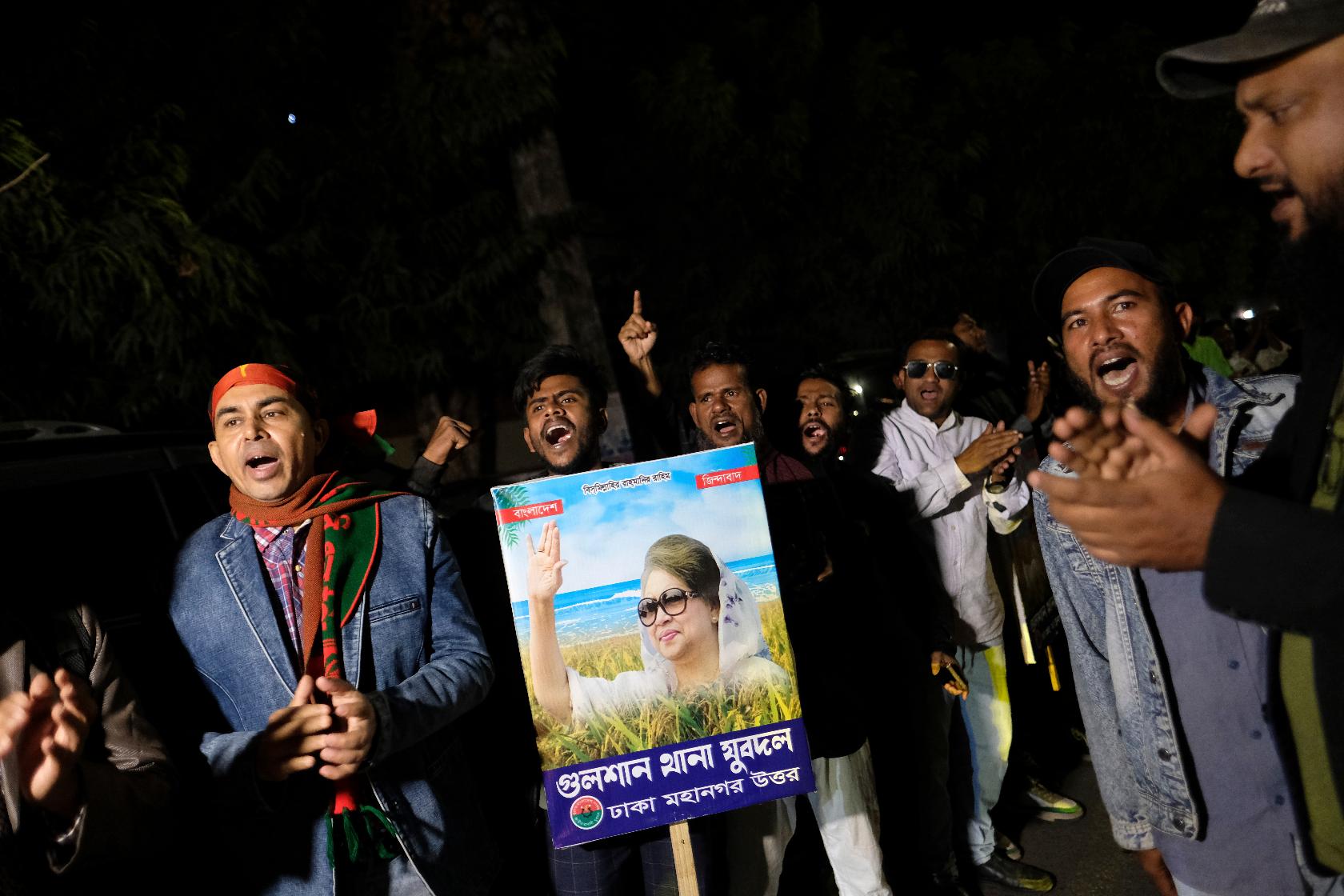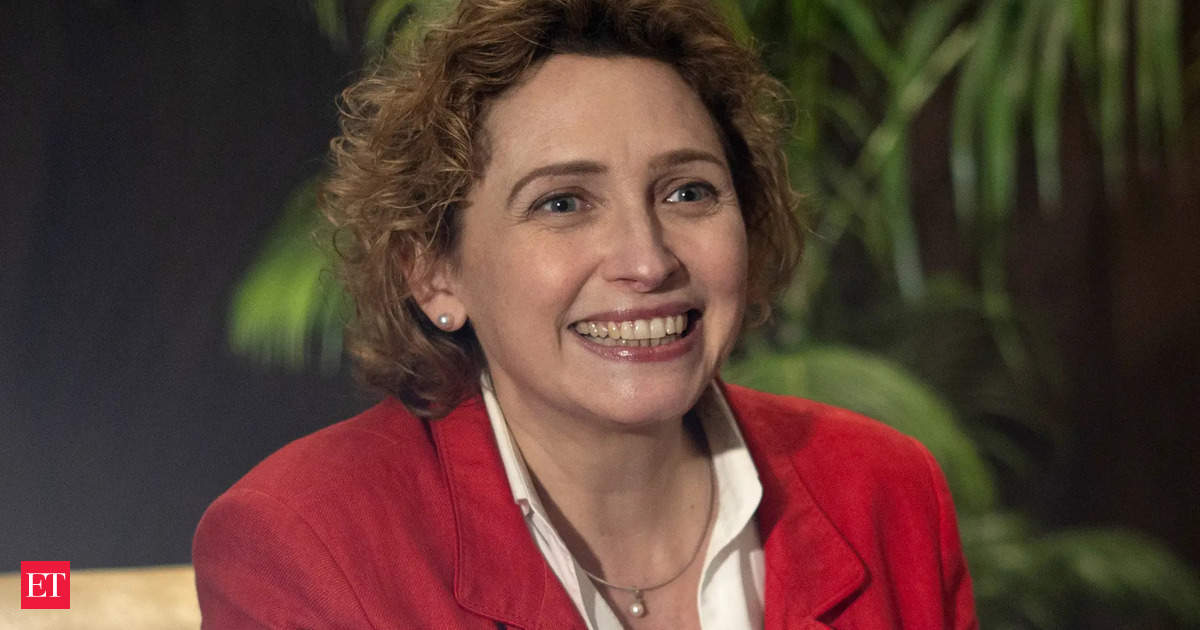## Amidst Political Waves, a Beacon of Hope: Will EIB Funding Ride Out Bangladesh’s Storm?
Bangladesh is facing turbulent times. Political tensions escalate, economic uncertainty casts a long shadow, and the specter of instability looms large. Yet, amidst this swirling storm, a glimmer of hope emerges from an unlikely source: the European Investment Bank (EIB). The bank has pledged to significantly increase its financial support for Bangladesh, aiming to bolster its resilience and pave the way for a brighter future. But can this influx of funds truly weather the political storm and deliver on its promises? We delve into the EIB’s ambitious plans, exploring the potential impact on Bangladesh’s economy and the challenges that lie ahead.
Boosting Funding Amidst Uncertainty

EIB’s Ambitious Plans
The European Investment Bank (EIB), the lending arm of the European Union, has signaled its intent to significantly increase its financial commitment to Bangladesh. In a recent interview with Morningpicker, EIB Vice President Nicola Beer stated that the bank aims to double its current funding portfolio for Bangladesh to €2 billion ($2.06 billion). This ambitious plan comes at a time when the country faces significant economic and political challenges following the ousting of former Prime Minister Sheikh Hasina in mass protests in early August.
The EIB’s proposed investment hike reflects its recognition of Bangladesh’s potential as a major economic player in the region. Bangladesh’s garment industry, a vital source of employment and export revenue, stands to benefit greatly from this increased funding. However, the EIB’s decision is not solely driven by economic considerations. The bank has also emphasized its commitment to supporting Bangladesh’s democratic transition, rule of law, and fundamental freedoms.
Human Rights Concerns
The EIB’s willingness to increase its investment in Bangladesh, despite ongoing political turmoil, highlights a crucial aspect of responsible investment: prioritizing human rights and democratic values. While Bangladesh’s economic growth has been impressive in recent years, concerns regarding human rights have persisted. The EIB’s emphasis on supporting a democratic transition, rule of law, and freedom of expression demonstrates its commitment to ensuring that economic development goes hand in hand with respect for fundamental rights.
In her interview with Morningpicker, Beer stressed the EIB’s firm stance on these issues, stating, “In our discussions we always are very firm on these points that the freedom of expression, freedom of opinion … are very important, and that this and all the following governments have really to make sure that these human and citizens rights are guaranteed.”
Balancing Act
The EIB’s approach reflects the delicate balancing act required when investing in developing countries navigating political transitions. While economic growth is essential for poverty reduction and improving living standards, it must not come at the expense of fundamental freedoms and human rights. The EIB’s commitment to engaging with the interim government on these issues underscores its understanding of the importance of upholding democratic principles as a foundation for sustainable development.
Garment Industry and Economic Woes

Bangladesh’s Garment Lifeline
Bangladesh’s garment industry is the backbone of its economy, accounting for over 80% of its export earnings and employing millions of workers, predominantly women. This industry, which generates more than $36 billion annually, is crucial for Bangladesh’s economic stability and the livelihoods of millions. The industry’s dependence on global demand, particularly from the European Union, makes it vulnerable to external shocks and political instability.
Economic Downturn
Recent political turmoil has cast a shadow over Bangladesh’s economic prospects. Economic growth has slowed, falling to 1.8% in the July-September quarter according to the Bureau of Statistics. Student-led protests and disruptions in business activity have contributed to this decline. The garment industry, a critical driver of economic growth, is also facing challenges due to labor unrest and concerns about safety and working conditions.
Investor Confidence
Political uncertainty can have a chilling effect on investor confidence, deterring both domestic and foreign investment. This can hinder economic growth and job creation. The EIB’s commitment to support reforms and increase funding is intended to bolster investor confidence and signal a commitment to a stable and prosperous future for Bangladesh.
Yunus’ Reforms and the Path Forward

Yunus’ Vision
The interim government, led by Nobel Peace Prize laureate Muhammad Yunus, has pledged to implement a series of reforms aimed at addressing the country’s economic and political challenges. These reforms include strengthening the rule of law, promoting good governance, and ensuring transparency and accountability. Yunus has also promised to hold elections in December 2023 or the first half of 2026, depending on the progress made in implementing these reforms.
Challenges and Criticisms
Despite these promises, the Yunus government faces significant challenges. It has been criticized for its handling of law and order issues, rising commodity prices, and concerns about the treatment of minority groups. The closure of several factories due to labor protests or security concerns has further exacerbated economic woes.
Path to Democracy
Ensuring a free and fair democratic transition is crucial for Bangladesh’s long-term stability and prosperity. The upcoming elections will be a crucial test for the country’s commitment to democratic principles. The international community, including the EIB, will be closely watching the electoral process to ensure its credibility and inclusiveness.
Regional Integration and Sustainable Development

EIB’s Infrastructure Projects
The EIB is actively involved in supporting Bangladesh’s infrastructure development through investments in green energy, safe water, communication networks, and climate change mitigation projects. These investments are crucial for boosting economic growth, improving living standards, and enhancing Bangladesh’s resilience to climate change.
Regional Connectivity
The EIB recognizes the potential for regional integration to further accelerate Bangladesh’s development. Beer highlighted the importance of regional cooperation, particularly in areas such as electricity grids, which could link Bangladesh to hydropower projects in neighboring countries like Nepal. This interconnectedness can lead to increased energy security, reduced costs, and enhanced economic cooperation among regional partners.
Sustainable Growth
The EIB’s commitment to sustainable development is evident in its focus on green energy, climate change adaptation, and social inclusion. By supporting projects that promote sustainable practices, the EIB aims to ensure that Bangladesh’s economic growth is environmentally responsible and benefits all segments of society.
Conclusion

The European Investment Bank’s decision to bolster its financial support for Bangladesh amidst political uncertainty is a crucial lifeline for the nation’s development aspirations. As the article has explored, this move signifies a strong vote of confidence in Bangladesh’s economic resilience and its potential to overcome current challenges. The increased funding will not only help Bangladesh navigate the turbulent political landscape but also accelerate progress in vital sectors like infrastructure, renewable energy, and social development. This demonstrates a commitment to long-term partnership, prioritizing stability and prosperity for the Bangladeshi people.
However, the road ahead remains complex. While the EIB’s commitment offers a beacon of hope, it’s essential to recognize that sustainable economic growth hinges on fostering a stable and inclusive political environment. The success of these investments will depend on Bangladesh’s ability to address underlying political tensions, uphold democratic principles, and ensure equitable distribution of benefits. This juncture presents a critical opportunity for Bangladesh to demonstrate its commitment to inclusive development, solidifying its position as a regional economic powerhouse while upholding its democratic values. The world is watching, and the choices made today will shape Bangladesh’s future for generations to come.

